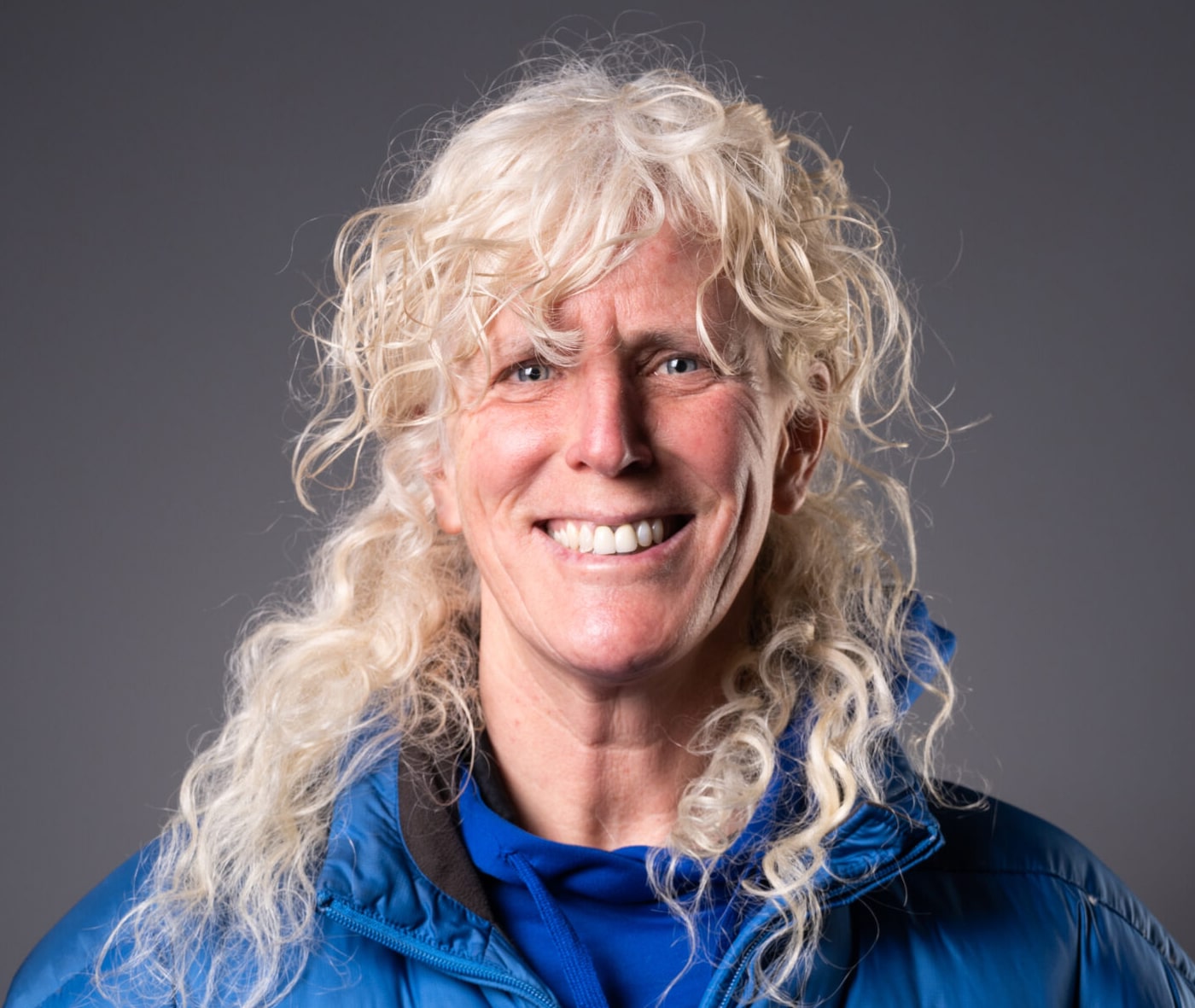
#88
The Science of Succeeding: Unearthing the Mental Keys to Endurance and Excellence with Karen Weekes
Dr. Karen Weekes is a distinguished adventurer, sports psychologist, university lecturer and corporate consultant who etched her name in history in February 2022. She not only became the first Irish woman but also the 20th woman globally to undertake a solo oceanic row, covering an impressive 3,000 miles across the Atlantic Ocean in a span of 80 days.
With a career spanning three decades, Karen has guided elite and non-elite individuals and teams, equipping them with proactive cognitive and practical coping strategies. Her deep dive into research unveils insights into motivation and endurance-based coping mechanisms— insights she seamlessly integrates into both the athletic and corporate realms. Endurance challenges have consistently fueled her spirit, and Karen’s exploits encompass a plethora of adventures, both on water and land.
Subscribe
Find the show on your favourite player
Summary
02:13 Karen’s background
- Karen is an adventurer who has done lots of long-distance expeditions, such as biking, kayaking and sailing
- Performance psychologist with an academic background in cognitive coping and motivations
02:55 Karen’s recent trip across the USA
- Cycled 2,500 miles from San Francisco to Albany
- Karen needed this as a mental break from her work
- It was a nice, user-friendly route to clear the brain
04:03 What drew Karen to adventuring
- Since she was a child she had the chance to be outdoors a lot
- Her first ‘pushing-the-limit’ expedition was in the 90s kayaking around Ireland for 40 days when she was in her early 20s
- The conditions were windy and wet
06:02 Being the first Irish woman to row solo across the Atlantic
- Karen covered 3000 miles in 80 days
- She didn’t intend to do it alone at first, but she didn’t find a suitable partner to do it with
- Covid brought her trip forward as she couldn’t do her other plans
08:50 How to prepare mentally and physically for such big trips
- She does a lot of physical training
- Her background in psychology helps her to train mentally
- Practice visualisation and familiarisation
12:28 The most challenging part of the trip
- Karen was in a cabin for four days during a storm
- 23-hour microstorm with massive waves
- Karen is solution-focused and often verbalised
- She often compartmentalises during the challenges and then when she returns home, she has space to reflect
17:26 The nutritional aspect of the big Atlantic row
- She worked with a great nutritionist who worked for the Irish rugby team
- Needed 5,000 – 5,500 calories a day
- X3 800-calorie rehydration food packs a day and protein/ carbs from other sources
- Dried apricots and liquorice are some great additions to flavouring
20:05 Transitioning back to routine life
- A lot of solo rowers return into some kind of depression, have a divorce, etc.
- Karen wants to research more into this
- Out on the ocean, you only get four hours of sleep at a time
- Having a good social network to come back to helps
- Karen did seek the normal things to come back to – sitting on a toilet seat, warm water, etc.
21:54 Intrinsic versus extrinsic motivations for extreme challenges
- It’s a balance of nature/ nurture
- You build layers of resilience each time
25:19 Finding happiness in the day-to-day as well as yearning for the next adventure
- If you go on an adventure for too long, you often don’t relish it as much
27:12 Working in the corporate world
- She was researching a coping framework from the adventure world and applying it to the business world
- Peak performance is the effectiveness of coping
33:00 What sets elite athletes apart from others?
- It’s about overcoming triggers
- Having refocusing and calming techniques
- Control what you can control
37:47 Coping methods to help you be the best version of yourself
- Imagine yourself as a unit or an engine, and how does that best perform
- Dissociative activities – take yourself into a different scenario from where you are in the challenge
- Flow is the balance between association and dissociation
49:17 Visualisation processes
- When Karen trained to row across the Atlantic, she had images of the ocean and the sound of waves in her gym
- When it came to the real expedition, she wasn’t so phased
- It’s about multi-sensory training
- It’s also about identifying what the challenges could be
- Start with simple, relatable visualisations, then build it up
57:23 Inspiring women and fundraising for noble causes
- She Can Do 2021
- There are so few women in endurance sports
- It’s nice to relate with other females in the sports world as it can feel lonely
01:01:15 Does physical fitness influence success in the corporate world?
- Healthy body, healthy mind
- Carrying resilience, discipline, goal-setting and teamwork are transferrable
Links mentioned: